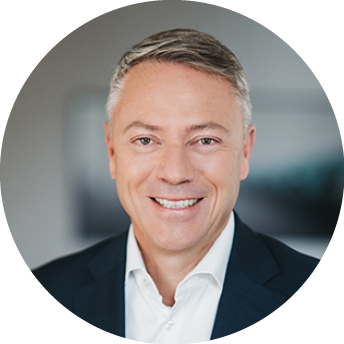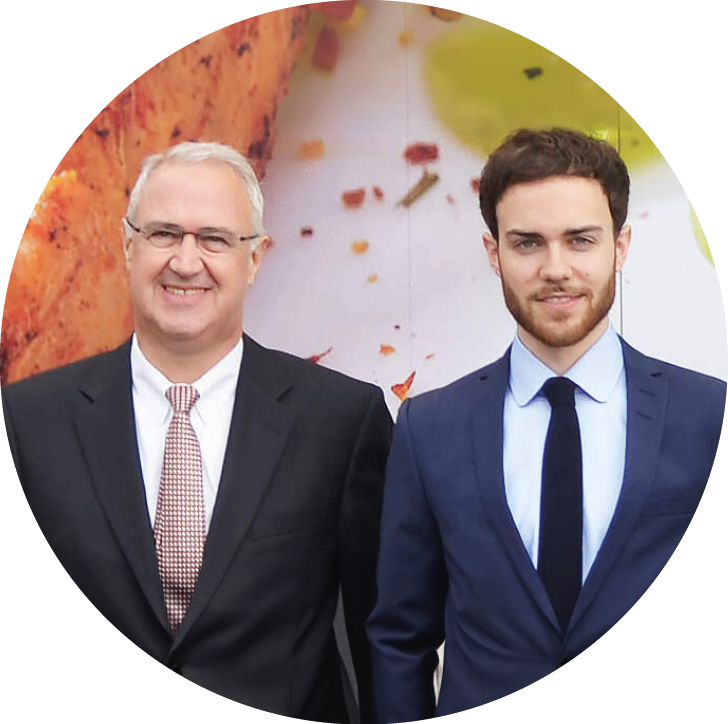The dichotomy between real and perceived sustainability
Europe’s largest turkey producer, Heidemark, is countering the negative image of the meat industry with a clear stance. Company owners Christopher and Bernd Kalvelage explain how this has been achieved and the positive effect it has had on the company’s image as an employer.
Family businesses and the challenges of a changing world
Meat is a difficult and sometimes controversial business. Statistically speaking, every European eats an average of around 80 kilograms of meat per year. At the same time, there is considerable debate about the health consequences of high meat consumption, appropriate animal husbandry and working conditions in meat production. Attracting new employees to work in the meat industry in this mixed situation is therefore quite a challenge. „In view of some black sheep, it is difficult to counteract the rather negative image of the meat industry,“ says Christopher Kalvelage, Managing Director of Heidemark, Europe‘s largest producer and marketer of turkey meat, which is in particularly high demand at Christmas.
In order to refute this external image, the German family business from Lower Saxony, which is run by the third generation of the Kalvelage family, consistently focusses on sustainability. „For me, a sustainable process is one that achieves the best possible result with as few resources as possible,“ says Christopher Kalvelage, citing the fundamental differences between conventional and organic farming as an example. In conventional farming, you have many animals in a small area, fast-growing breeds that are bred to be calm, robust, have a lot of meat and optimally utilise feed. All this coupled with many animals on a lorry, a slaughterhouse designed for lowering fixed costs and full commercial vehicles that go to the customer. „In terms of CO2 emissions and the use of resources, this would be the most sustainable process there is – but it doesn‘t match the perceived sustainability of the customers we want to serve.“
BETTER HUSBANDRY CONDITIONS THAN REQUIRED BY LAW
From Heidemark’s point of view, the aim is to close this gap between perceived and real sustainability through quality, animal welfare and sustainability. The animal welfare concept at Heidemark has been anchored in the company for years with various measures for better husbandry conditions for farm animals – from chick rearing to feed production. Among other things, Heidemark has set up a conservatory barn. This is a covered and fenced-in area next to the actual barn, which can be seen from the outside. Heidemark has also joined the nationwide animal welfare initiative. The certificate recognises poultry products produced in a species-appropriate manner. According to Christopher Kalvelage, around 80% of turkeys reared in Germany already meet the criteria of the animal welfare initiative. To this end, Heidemark has reduced the stocking density, for example. In addition, turkeys are given pecking stones and bales of straw as species-appropriate exercise materials. The company also pays close attention to the climate in the barn and the quality of the drinking water as important anchor points of the animal welfare programme. « Our husbandry conditions are better than those required by law in Germany and abroad, » emphasises Bernd Kalvelage.
Despite the focus on poultry, meat substitutes were also an issue at Heidemark. In terms of technology, the production of meat substitutes is very attractive, explains Christopher Kalvelage. Powder is poured together, water is added, and the mixture is moulded into sausages, cutlets or mince. The margins are also considerable, as they are based on those of meat. However, the company quickly realised that the sales volume in Germany was still too low. « The machines run for two days, then the market is saturated, and the machines stand still for three days. That doesn’t make sense in terms of scale, » says Christopher Kalvelage. His father adds: « Of course we keep an eye on developments, because we are there for the customers, not them for us. » In addition to the development of sales, the price and flavour of meat substitutes are also crucial – and there is still a lot of catching up to do here. « Vegan minced meat is not minced beef or pork, but whisked vegetables, » says Bernd Kalvelage.
« We can always fill vacancies with good people. »
The family also endeavours to increase Heidemark’s attractiveness as an employer through sustainability and an attitude based on this. « We have continuously developed our employer branding through the quality of our work, innovation, employee involvement and our management culture, » says Christopher Kalvelage. The result, the Heidemark Managing Director continues, is that « we have always been able to fill our vacancies and with good people. » Attracting talent is nevertheless difficult, he admits: « People want to work in food production, but not in the meat industry. That’s where the image comes in again. » However, according to Christopher Kalvelage, who studied business administration in Hamburg, once the new colleagues are in the company, many are surprised that the circumstances are not what they expected. Instead, they realise how great the innovative strength of the company and its employees is, and how many change and improvement processes are initiated from within. Heidemark is also working with universities and research institutes to continue this development.
This is certainly also due to the fact that the management culture at the poultry specialist from the district of Oldenburg, based in Ahlhorn, is open and non-hierarchical. The company has always had an informal culture and flat structures, explains former Managing Director Bernd Kalvelage, who handed over his position to his son in 2016. « We have worked proactively in the company towards the customer and consumer expectations, » says Christopher Kalvelage. And this is also honoured by the employees, who also contribute their own ideas. « The meat industry is not a sector that constantly changes on its own or as a result of external factors. Changes usually come internally through proactive action. »
Responding to changes in the markets
However, external pressure also led to changes at Heidemark. « The customer has changed massively, expectations are more complex. Consumers used to want a product at a good price. Today, they want variety, variants and the option to buy other products, » explains Bernd Kalvelage. And his son adds: « Today, I buy a product that I identify with. » A company like Heidemark has to respond to these changes.
« It is important that we have clearly prioritised our internal image of sustainability and customer orientation. The customer is king, the buyer is emperor. This awareness is firmly anchored among our employees, » explains Christopher Kalvelage. After all, one principle applies: « If the markets change, you have to change. You don’t change the markets. »

Philipp Fleischmann I AvS Advisors




